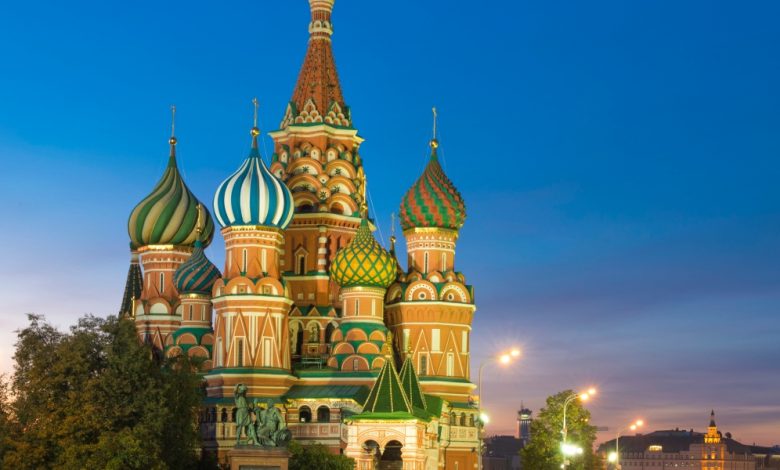America drops new sanctions on Russia on war anniversary

The US on Friday announced a new round of sanctions against Russian firms, banks, manufacturers and people, targeting companies that helped Russia evade sanctions at the start of the year-long war against Ukraine.
Russia’s metals and mining sector is among the targets of one of the “most significant US Treasury Department sanctions actions to date,” according to the agency.
The action, carried out in coordination with the Group of Seven allies, aims to fine 250 people and companies, impose financial freezes on banks, arms dealers and technology companies linked to arms production, and target suspected sanctions violators countries from the United Arab Emirates to Switzerland.
“Our sanctions have had both short-term and long-term effects, which were clearly evident in Russia’s struggle to replenish its weapons and its isolated economy,” Treasury Secretary Janet Yellen said in a written statement. “Our actions today with our G7 partners show that we will stand by Ukraine for as long as necessary.”
Yellen is attending the G-20 finance ministers’ meeting in Bengaluru, India this week. On Friday morning, she told senior Russian officials attending meetings that “their continued work for the Kremlin makes them complicit in Putin’s atrocities.”
“They bear responsibility for the lives and livelihoods that are being taken in Ukraine and for the harm that is being done around the world,” she said.
The sanctions come after the White House announced early Friday morning that the Pentagon would allocate $2 billion for more ammunition and a variety of small, high-tech drones to fight Russia.
The State Department, Commerce Department and Office of the US Trade Representative are also set to release plans on Friday to increase pressure on Russia. These moves increase tariffs on Russian products and add nearly 90 Russian and third-country companies, including China, to a list of identified sanctions violators.
A dozen financial institutions are named in Friday’s sanctions package, including Russia’s largest non-state public bank, importers of microelectronics and makers of carbon fiber, a key material for defense systems.
The package names more than 30 people and companies allegedly linked to Russia’s efforts to evade sanctions. Among them: Swiss-Italian businessman Walter Moretti and his companies; Nurmurad Kurbanov, a Russian-Turkmen arms dealer who is said to have represented Russian and Belarusian defense firms abroad; and Russian businessman Aleksandr Yevgenyevich Udodov, former brother-in-law of Russian Prime Minister Mikhail Mishustin.
More than 30 countries, representing more than half of the global economy, have already imposed unprecedented sanctions on the Russian economy, making it the most heavily sanctioned nation in the world.
They have imposed price caps on Russian oil and diesel, frozen Central Bank funds and restricted access to SWIFT, the dominant system for global financial transactions.
The West has directly sanctioned about 2,500 Russian companies, government officials, oligarchs and their families. The sanctions deprive them of access to their American bank accounts and financial markets, prevent them from doing business with Americans and travel to the United States, and more.
After a year, the West’s export controls and financial sanctions appear to be gradually eroding Russia’s industrial capacity, although its oil and other energy exports allowed it to fund a disastrous war last year.
At Friday’s G-20 meetings, Britain’s Treasury chief Jeremy Hunt said: “We’re far from thinking the job is done.”
French Finance Minister Bruno Le Marie told a G-20 press conference: “Our sanctions are strong, they are efficient, they hit and reduce all of Russia’s revenues.”
“They are disorganizing Russian industry and undermining the war effort,” he said. “Sanctions work and will become more effective in the long term.”
Learn how to navigate and build trust in your organization with The Trust Factor, a weekly newsletter exploring what leaders need to succeed. Login here.



